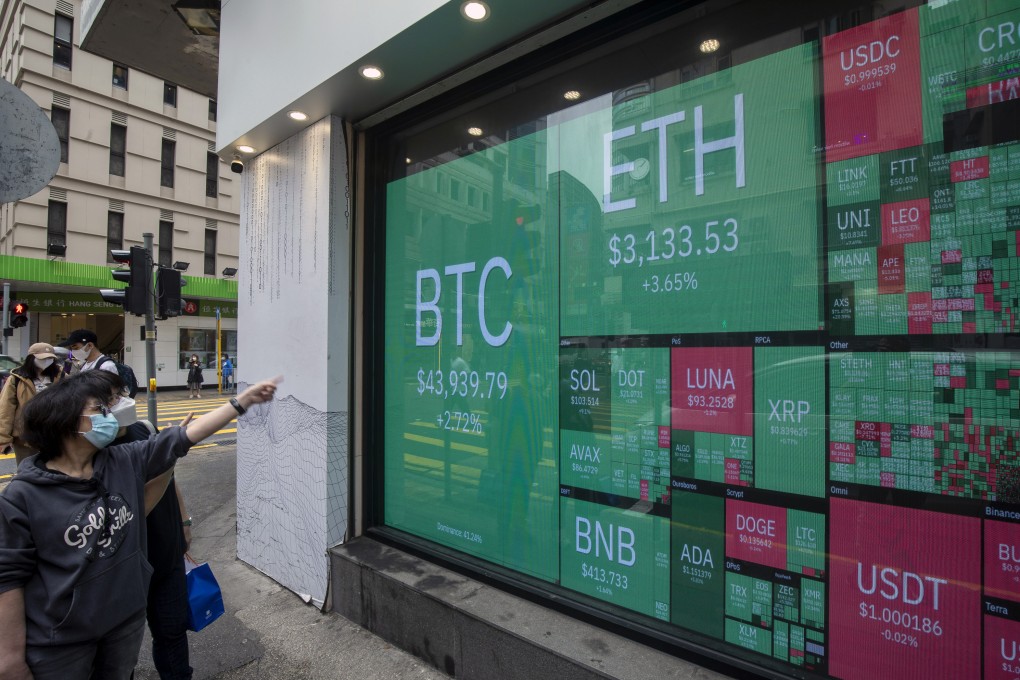Macroscope | Hong Kong’s cryptocurrency hub ambition makes good sense against FTX’s crash
- The sorry saga may prove an inflection point that results in investors demanding that cryptocurrency exchanges be headquartered in well-regulated jurisdictions with good governance – like Hong Kong

But even those who feel cryptocurrencies are just all hype have to recognise that there are a lot of investors, and a lot of capital, that think the opposite.
Admittedly, one of the attractions of cryptocurrencies for investors of a libertarian persuasion has been that cryptocurrencies largely exist beyond the technical and jurisdictional reach of governments, central banks and regulators. But that characteristic of cryptocurrencies also comes with risks, especially when investors choose to hold their cryptocurrencies in client accounts with offshore exchanges.
That tweet will not have played well with those who believe in cryptocurrencies but in fairness to Taleb, a long-standing cynic on this matter, it encapsulated a view he has consistently expressed.
